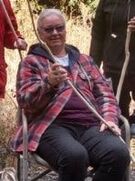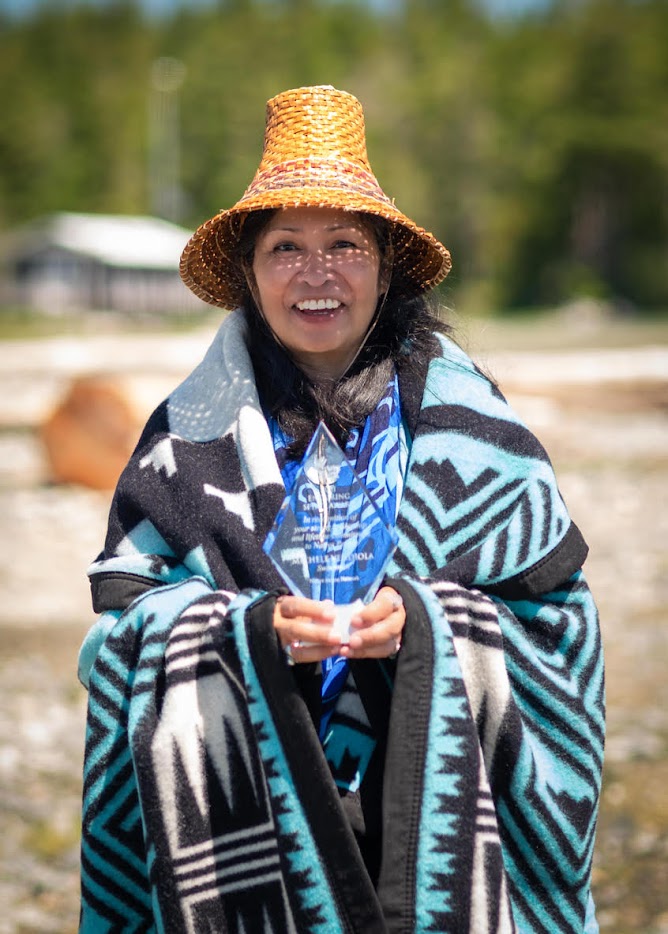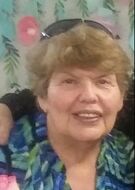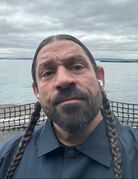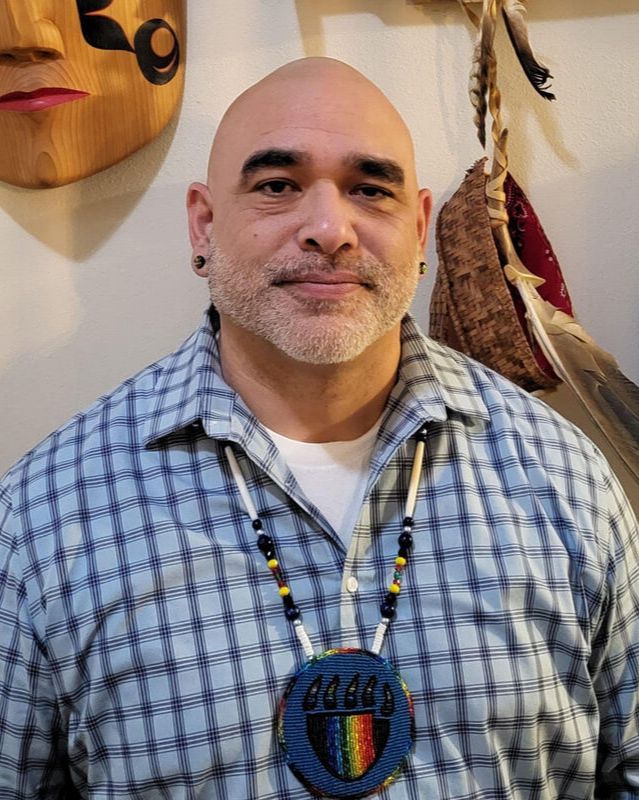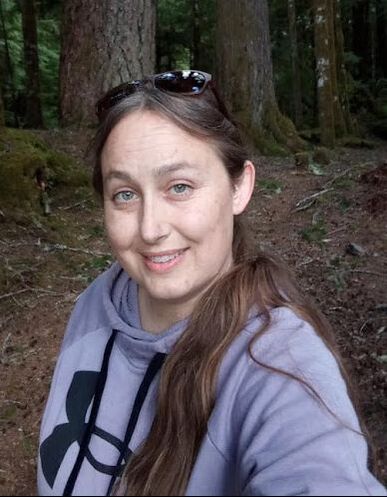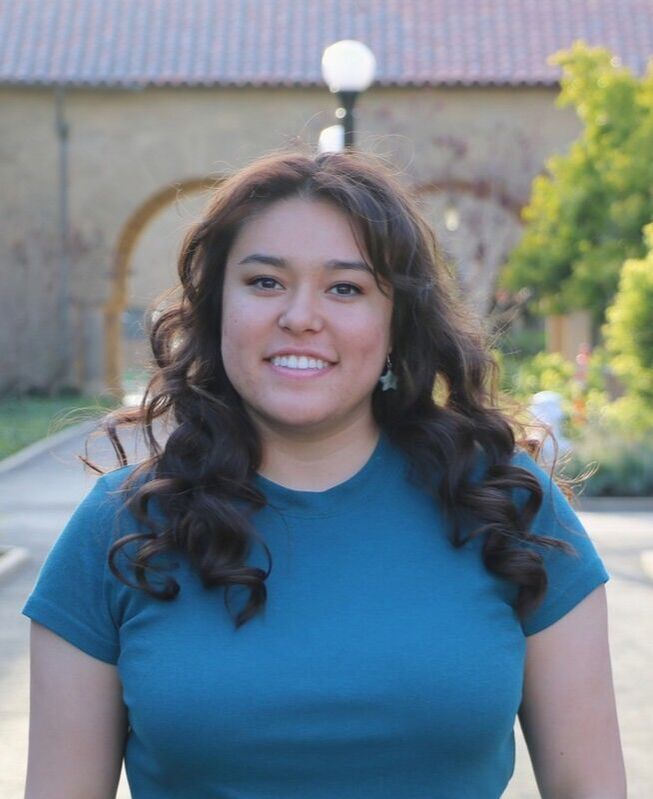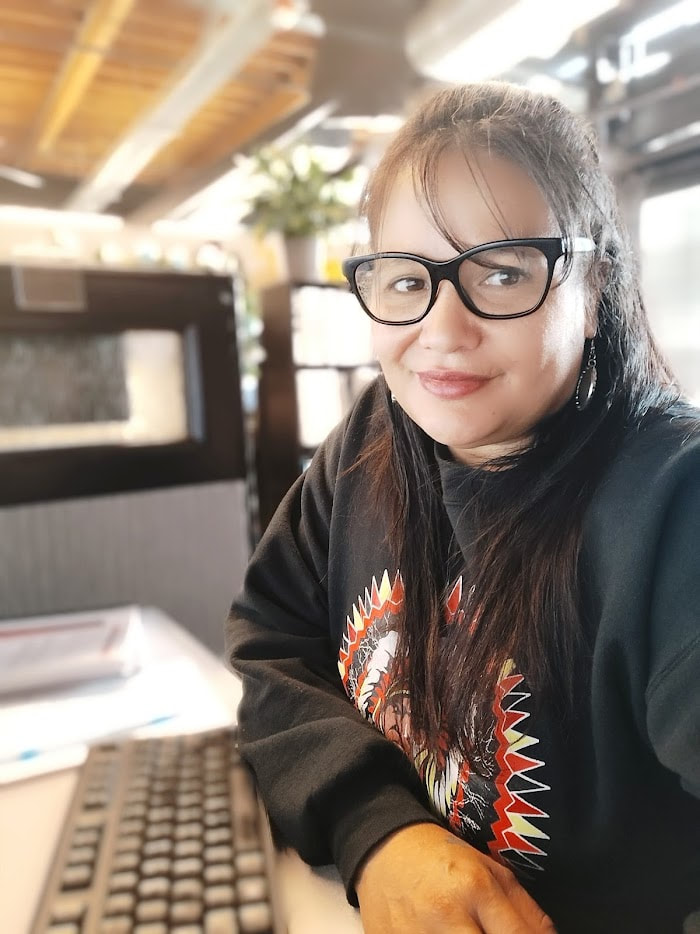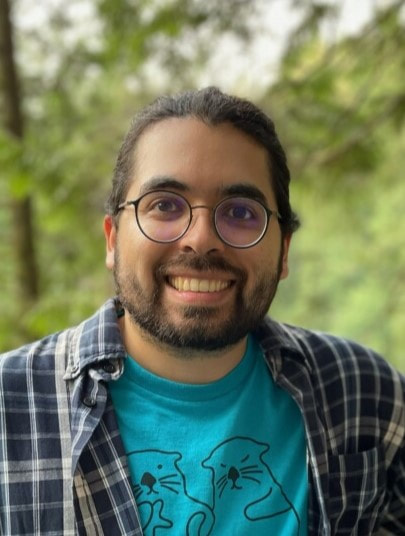The Naa káani board and staff are responsible for defining the organization’s mission, vision and values and for providing overall leadership and strategic direction to the organization. We are integral in designing and implementing programs and policies through guidance with our strategic plan and community partners.
Our Board of Directors
Lisa Powers, Chairwoman (Numunu)Lisa Powers, a member of the Numunu Comanche Nation and originally from Oklahoma, is a retired Social Worker who worked with the State for 32 years in Indian Child Welfare and two years with the Tulalip Tribes in their Child Welfare program, “beda?chulh”. In these positions, Lisa focused on advocating for Native children to remain connected to their families, tribes, and cultures by organizing “Cultural Days” for the Native foster children and non-Native foster parents. She provided training specifically for non-Native foster parents to help them understand why culture is important for Native children in hopes that the foster parents would want their Native foster children to continue to be involved in pow-wows and other tribal activities. She retired from the state Indian Child Welfare program in 2017.
Lisa currently resides on the Tulalip reservation with her two Tulalip children. She became the interim Executive Director for the Naa káani Native Program from August 2022 to June 2023, and returned to the position of Board Chairperson thereafter. |
Shelly Vendiola, Board Member (Swinomish/Visayan)Michele Vendiola, known by her nickname--Shelly, is of Swinomish and Visayan ancestry. Shelly has served as an educator, facilitator, activist, and mediator for over 30 years. She co-founded the native Community Engagement and Peacemaking Project and provides facilitation and community engagement services in strategic planning, dispute resolution, and peacemaking circles throughout the country. As a consultant, she works in partnership with the Swinomish Department of Environmental Protection - Climate Change Resiliency Project. She also serves as a Co-Chair on their Protect Mother Earth Subcommittee and is a member of the Swinomish Higher Education Community Advisory Board.
She currently works as the Indigenous Leadership Program Director at the Na’ah Illahee Fund. Shelly developed a place-based curriculum about the history and culture of the Swinomish peoples and taught a series of cultural sovereignty courses for over 10 years at the Northwest Indian College - Native Studies Leadership Program, and is helping to develop a Swinomish Lushootseed Language Program for the tribe. Previously her team provided leadership and consultation for the Lummi Cedar Project - Organized Generations Healthy Lifestyles Program. Ms. Vendiola served as President for the national Indigenous Women's Network and a Campaign Director for the Indigenous Environmental Network. Shelly received several years of formal dispute resolution training from the Indian Dispute Resolution Services, Inc. and the SF Community Boards Program. She has an M.Ed. in Higher Education and practices indigenous pedagogy and indigenous research methodology within all aspects of her work. Shelly practices the ancient form of meditation known as Qi Gong daily for balance, energy, and resiliency. Her motto is, "There is nothing permanent in the world but change, the key is how we flow with it!" |
Chryss James, Board Member (Tlingit Nation)Chryss James is an elder and citizen of the Tlingit Nation. In her career as a social worker, she has designed, implemented, and worked on 17 international, national, state, and local projects. Including, nutritional and vocational educational programs, domestic violence, and a First Steps medical program for underserved populations.
For the past thirty years, Chryss has organized and participated in trainings on ICWA, permeance planning, and organizing cultural events for Native children to retain their culture while in foster care. Chryss has a large demonstration garden on her property to show how food can be grown to supplement a family diet. Chryss is a strong advocate of ICWA, foster/adoptive parents, and kinship providers. Chryss received a Bachelor of Social Work from Walla Walla University and an MPA in Tribal Governance from Evergreen State College. Chryss volunteers at the Tulalip Early Learning Academy and the school her younger children attend. Chryss is an advocate for industrial hemp as an option for healthy living, as well as green and energy efficient housing for Native peoples. She has done extensive research and participated in retrofitting a home with hemp. |
Jason Vickers Ohomous Nut Annokinam, Board Member (Nipmuc Nation)
A member of the Hassanamisco Band of the Nipmuc Nation, Jason was born in his ancestral homeland in Worcester, Massachusetts. His family moved to Seattle and Jason grew up around the Pike Place Market restaurant scene.
Jason honed his craft working at many of Seattle’s award-winning hotels and restaurants, then turned his passion and skill to sharing the traditional foods and customs of his own and other indigenous communities. Jason is the founder of Netoncks Metsu (Feeding My Cousins), a business dedicated to sharing the incredible bounty of indigenous foods as well as some of the traditional ways and practices (and new ways) associated with this work. Through his lived experience of substance use and recovery and his passion for connecting to and through indigenous culture, Jason brings essential insights and perspectives to the Key Recovery board and our work. |
Our Program Staff
Martin Napeahi, Executive Director (Tulalip Tribes/Hawaiian)Martin is an enrolled member of The Tulalip Tribes and of Hawaiian descendancy. Martin’s passion for serving his community began at an early age as he worked in the summer youth program at The Tulalip Tribes. Whether that was raking rocks on the ball fields, or mopping and cleaning the old Tribal Gym. It helped lay the foundation to a 29 year career of service to his community.
For the last 12 years Martin has served as the General Manager and unofficial Mayor of Quil Ceda Village. Quil Ceda Village is a federally recognized city, chartered under the Tulalip Tribes, with a primary focus on economic development but also providing tribal members with employment opportunities. Some key projects completed under Martin’s leadership were, a 10,000 square foot C-store build out, 116th/I-5 bridge deck expansion, Big Water Pipe Line, Panera Bread, Cannabis Dispensary buildout, Tulalip Market & Fuel re-brand, and most recently Tulalip Lights & Ice. Prior to leading Quil Ceda Village, Martin was the Administrative Services Executive Director for the Tulalip Tribes Government Administration. In addition to serving his community as a leader he has also been coaching and mentoring youth since 2007 as a Football and Track & Field Coach. Martin is an aspiring Coast Salish Artist and loves to incorporate his Hawaiian heritage into his art. He has a passion for cooking and bbq. Growing up around Hawaiians and Filipinos all his life has exposed him to some of the most amazing food and experiences. Martin has been married to his beautiful wife Karrie for nearly 26 years, and has been blessed with two amazing kids Martin Jr, 23 and Emmalia, 18. |
Linzie Crofoot, Director & Indigenous Educator, Traditional Medicine Program (Tlingit/Colville-Okanogan)Linzie Crofoot is a member of the Central Council of the Tlingit and Haida Indian Tribes of Alaska (Tlingit/Raven/Beaver) and Colville-Okanagan descendant who has been a lifelong guest on the traditional homelands of the Coast Salish people, specifically the Snoqualmie, Snohomish, and Duwamish people. She holds a Master of Natural Resources with a focus in Ecological Restoration and Habitat Management from the University of Idaho and a Bachelor of Science in Native Environmental Science from Northwest Indian College. Linzie is currently the Traditional Medicine Program Director for Naa káani Native Program and has been teaching Natural Sciences and Cultural Sovereignty Topics at Northwest Indian College on the Tulalip Reservation since 2017. Linzie truly believes that restoring Native peoples to their natural role on their ancestral landscapes supports both healthy tribal people and healthy ecosystems. Her work is focused on increasing tribal peoples' sense of place and belonging within the tribal community and in the natural environment by helping them revitalize their cultural relationship with the traditional natural resources that have sustained their people since time immemorial.
|
Becca McCabe, Tribal Community Program Coordinator (Diné/San Carlos Apache)Becca McCabe (She/Her) is an enrolled member of the Diné, with ties to the San Carlos Apache Tribe. She holds a Bachelor of Arts in Communication from Stanford University (2023 graduate). Throughout her academic journey, she was actively engaged in Indigenous student groups and initiatives, as well as the public service center on campus. Becca has spent the past two summers as an intern at the San Carlos Apache Tribe’s Education Department, where she helped host programs aimed at engaging students in higher education, among other tasks. Becca joined the Naa káani team in August 2023 as the Tribal Community Program Coordinator and brings with her a passion for tribal education and knowledge revitalization.
|
Teesha Osias, Program Assistant, Traditional Medicine Program (Tulalip Tribes/Tlingit)Teesha Osias, is an enrolled member of the Tulalip Tribes; a descendant of the Skykomish, Snoqualmie, and Duwamish people. She is also Tlingit descendant from the Jilkaat Kwáan, Kaagwaantaan, Ligooshi Hit, from the Kasko Family*. Additionally, she is very proud of her other heritages that include; Filipino and African American. She feels that being mixed gives her an edge in understanding and connecting with different communities.
She started working for the Naa káani TMP as an assistant in the summer of 2023. She is excited to connect deeper into traditional roles, especially in cultural and food sovereignty, as well as incorporating our Indigenous knowledge into our modern life. Teesha is an Environmental Scientist and holds a Bachelor Degree in Native Environmental Science from Northwest Indian College. She is also freelancing with the Tulalip Natural Resource working in various areas such as; wetland delineation and stream assessment, land restoration, fishery and shellfish management. She feels excited to be able to work at Naa káani TMP and Tulalip NRD, because she feels that she is able to calibrate her Indigenous knowledge with western science. She is a true PNWlite and enjoys all outdoor activities from roaming the streets of Chinatown to relaxing at the beach or in the mountains. When the weather keeps her inside, you can find her at a local pinball arcade or having an Indigenous craft night with her friends. *(English translation: Chilkat Tribe, Wolf Clan, Killer Whale Dorsal Fin House, Kasko family. Klukwan is the name of her ancestral village) |
Amanda Root, BookkeeperAmanda Root is a nonprofit bookkeeper and owner of Root System Bookkeeping. She supports Naa káani Native Program with their financial recordkeeping and reporting, and loves being able to play this small part in the big impact that Naa káani Native Program is making. Nonprofits have unique needs when it comes to their bookkeeping, so Amanda has spent many years specializing in this area so that she can best support them. Amanda grew up in Northern Idaho, received her bachelor's degree at the University of Washington, and is a QuickBooks Online Proadvisor. When she's not keeping the books, she loves playing board games with her family and working in her apple orchard.
|
Chris Bernal, IT SystemsChris Bernal is a systems consultant primarily working with native nonprofits in the Pacific Northwest. He holds a bachelor degree in economics from the George Washington University and will talk endlessly about databases or raising taxes, depending on the day. Both if you're lucky.
|

